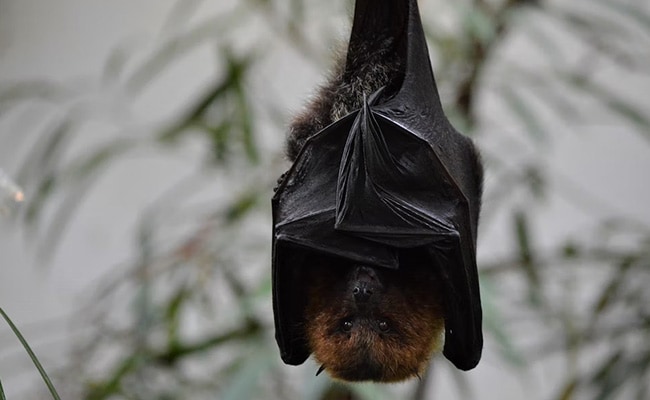
The report comes as WHO reported a surge in coronavirus globally
A new bat virus with the potential to infect humans has been discovered in Thailand by a controversial research group previously linked to experiments in Wuhan, Express.co.uk reported. Dr Peter Daszak, head of the New York-based non-profit EcoHealth Alliance, reported the discovery of the never-before-seen virus during a meeting of the World Health Organisation.
The new virus which is yet to be named was found in a Thai cave where local farmers source bat faeces to fertilise their fields.
Speaking at the WHO event, Dr Daszak said: “We found a lot of SARS-related coronaviruses, but one in particular we found was quite common in bats where people were commonly exposed.”
He added: “We consider this to be a potential zoonotic pathogen. Here we have a virus in bats, right now in a cave used by people highly exposed to bat faeces. And this virus is shed in bat faeces, so there is a real potential for emergence.”
Notably, the British-born scientist has repeatedly dismissed the lab leak theory and insisted the coronavirus has natural origins.
This report comes as WHO reported a surge in coronavirus globally, with hospitalisations jumping 42 percent across 50 countries. Notably, the cases are starting to rise again as a result of the JN.1 Covid variant, which appeared last September in France. As per BBC, the variant accounts for around 60% of new infections in early January, according to a data tracker from the US Centers for Disease Control and Prevention (CDC).
The World Health Organisation has classified JN.1 as a separate “variant of interest” given its rapidly increasing spread but said it poses a “low” global public health risk. The JN.1 sub-variant of the coronavirus was previously classified as a variant of interest (VOI) as part of the BA.2.86 sub-lineages, the parent lineage that is classified as a VOI, the world body said. However, WHO has also mentioned that the global public health risk posed by JN.1 is low.

